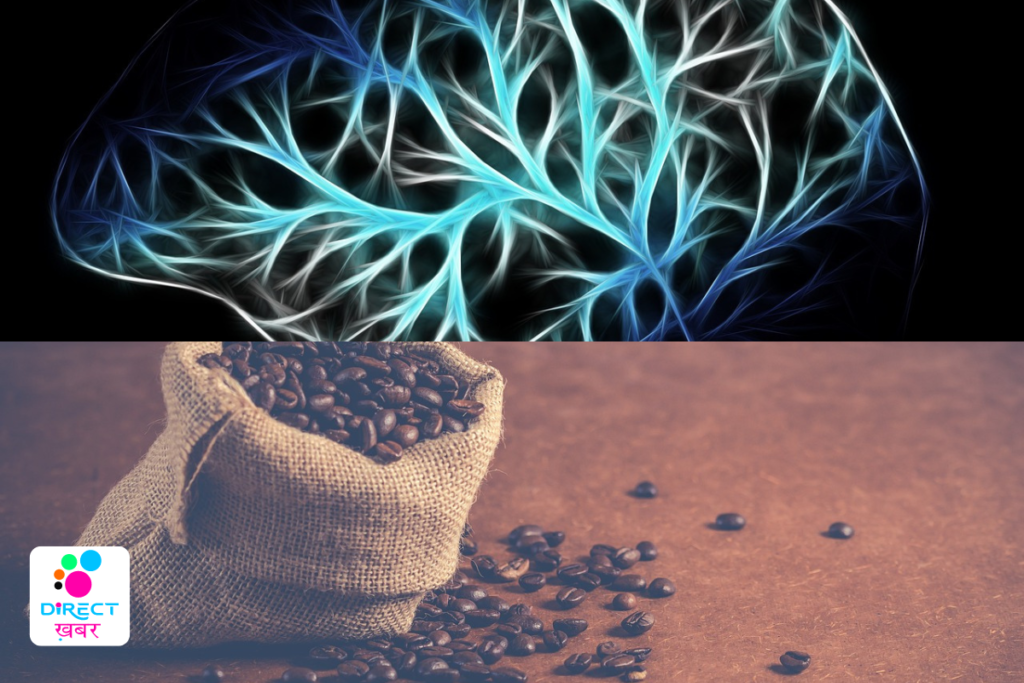Caffeine’s Impact on the Brain: A Scientific Overview
Caffeine is one of the most widely consumed psychoactive substances in the world, found in coffee, tea, energy drinks, and even certain medications. Its stimulating effects on the central nervous system have made it a staple for many individuals seeking increased alertness and improved cognitive function. This article delves into the intricate mechanisms through which caffeine influences brain function, exploring its effects on neurotransmitters, neural activity, and cognitive processes.

Understanding Caffeine’s Mechanism of Action:
Caffeine’s primary mode of action involves blocking the activity of adenosine, a neurotransmitter responsible for promoting relaxation and sleepiness. By antagonizing adenosine receptors in the brain, caffeine prevents its binding and inhibits its inhibitory effects. Consequently, the levels of other neurotransmitters, such as dopamine and norepinephrine, increase, leading to heightened arousal and improved mood.
This blockade of adenosine receptors triggers a compensatory response within the brain. As adenosine’s calming influence is thwarted, the brain perceives a state of heightened arousal and vigilance. One significant consequence of this interaction is the upregulation of other neurotransmitters, particularly dopamine and norepinephrine.

Neurotransmitter Dynamics:
Dopamine, often referred to as the “feel-good” neurotransmitter, plays a crucial role in regulating motivation, pleasure, and reward. Caffeine’s ability to enhance dopamine transmission contributes to the feelings of alertness and euphoria experienced after consumption. Similarly, increased norepinephrine levels promote wakefulness and attentiveness, further amplifying caffeine’s stimulating effects.
Impact on Neural Activity:
Electroencephalography (EEG) studies have demonstrated caffeine’s ability to modulate neural oscillations, particularly in the alpha and beta frequency bands associated with wakefulness and alertness. These changes in brainwave activity align with the subjective experience of heightened vigilance and improved cognitive performance following caffeine intake.
Cognitive Enhancement:
Numerous studies have investigated the cognitive benefits of caffeine, with findings suggesting improvements in attention, reaction time, and memory retention. By antagonizing adenosine receptors and boosting the activity of dopamine and norepinephrine pathways, caffeine enhances cognitive function across various domains, making it a popular choice for individuals seeking to optimize mental performance.
Potential Downsides:
While moderate caffeine consumption is generally considered safe for most individuals, excessive intake can lead to adverse effects such as jitteriness, insomnia, and increased heart rate. Moreover, regular consumption may contribute to the development of tolerance, necessitating higher doses to achieve the same effects. Withdrawal symptoms, including headaches and fatigue, can also occur upon abrupt cessation of caffeine intake.

One of the most common side effects of excessive caffeine consumption is jitteriness or restlessness. This sensation often occurs when caffeine levels in the bloodstream reach a peak, stimulating the central nervous system and causing a sense of nervous energy. For some individuals, particularly those who are more sensitive to caffeine, even moderate doses can induce feelings of agitation or anxiety.
Individual Variability:
It’s important to recognize that the effects of caffeine can vary significantly among individuals due to genetic factors, tolerance levels, and sensitivity to its effects. Some people may experience pronounced benefits from low doses, while others may be more susceptible to adverse reactions even at moderate levels of consumption. Understanding these individual differences is crucial for optimizing caffeine intake and minimizing potential risks.
Interactions with Other Substances:
Caffeine can interact with various medications and substances, altering their metabolism and efficacy. For example, combining caffeine with certain drugs or supplements may potentiate their effects or lead to adverse reactions. It’s essential to consult healthcare professionals and consider potential interactions before combining caffeine with other substances, especially in therapeutic or clinical contexts.

Caffeine exerts profound effects on brain function, modulating neurotransmitter activity, neural oscillations, and cognitive processes. By antagonizing adenosine receptors and enhancing dopamine and norepinephrine signaling, caffeine promotes wakefulness, alertness, and improved cognitive performance. However, it’s essential to consume caffeine mindfully, considering individual differences, potential interactions, and the risk of adverse effects associated with excessive intake. By understanding the science behind caffeine’s influence on the brain, individuals can make informed choices to harness its benefits while minimizing potential drawbacks.






